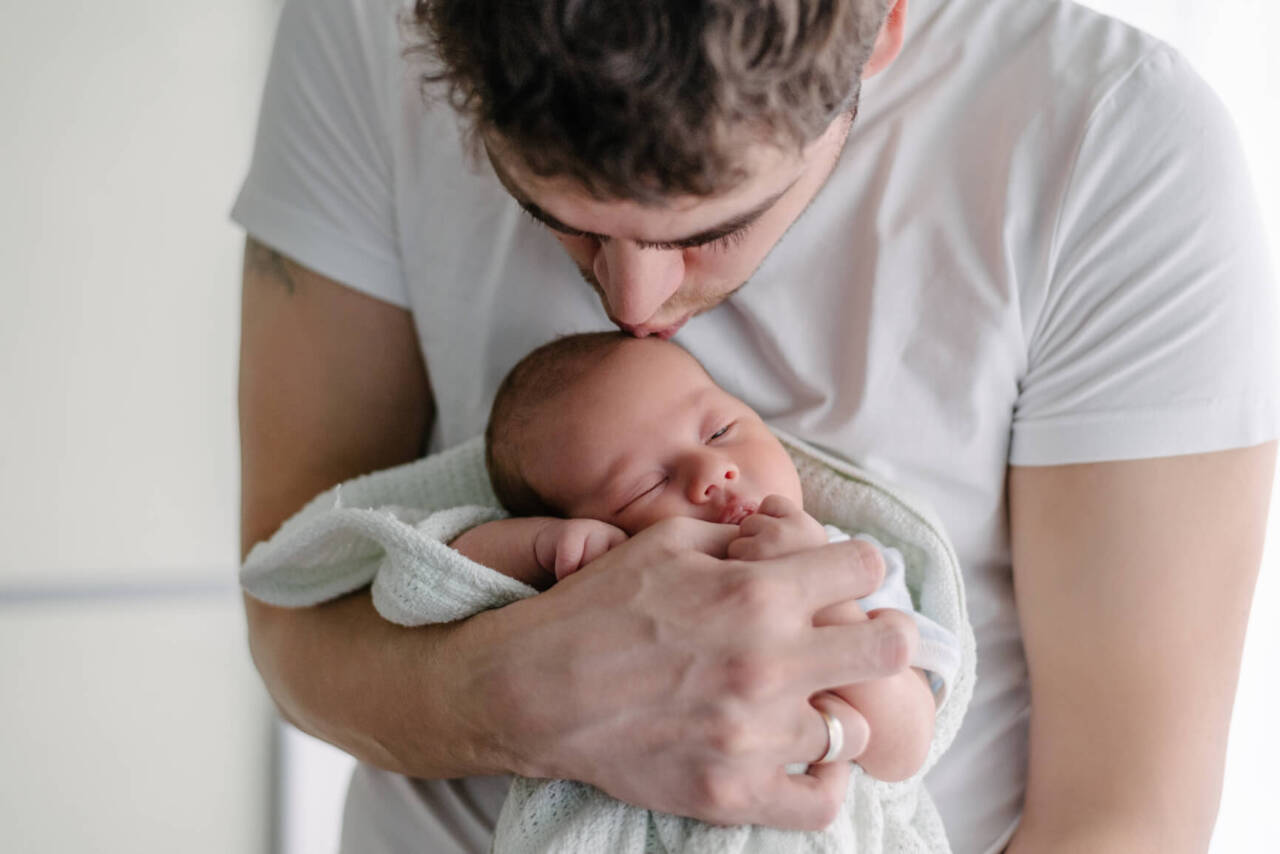
Until recently it was thought that PPD or Post Partum Depression is linked only to mothers. But dad’s are also affected by this mood disorder, a new study reveals.
There’s growing evidence that men can experience very similar symptoms to maternal PPD. One study, published in the Journal of Advanced Nursing in 2003, found that about 50 percent of dads experienced PPD when their wife was going through it as well.
PPD has a number of symptoms, says Dr. Adrian Low Eng-ken, a Hong Kong-based psychologist. “These include fear, confusion, a sense of helplessness and uncertainty about the future, withdrawal from family life, work and social situations, indecisiveness, anger, and marital conflict,” he says. The peak time for PPD in men is three to six months after their child’s birth. One in 10 dads-to-be also experiences depression while their partner is pregnant but, like PPD in mothers, often goes undiagnosed.
Some men also develop PPD because they’re jealous that their wife prefers to bond with their baby more than with them, or because their relationship with their wife has changed in that it now lacks intimacy. If your wife is depressed, your risk of PPD is higher, too.
“Depressed dads are more likely to use physical forms of discipline on their children than those without depression. They’re also less likely to interact with their kids in positive ways, such as singing songs or reading to them,” says Kang.
“This depression may also transfer to the man’s marriage, increasing conflicts with his wife and making his wife more vulnerable to depression. Interestingly, if a child has a mother who’s depressed, having an involved and nurturing father can protect that child from some of the negative effects of the mother’s depression.”
“While women are the primary carers, we shouldn’t ignore the role men play during and after pregnancy,” says Low, a Hong Kong-based psychologist. Paternal PPD has a higher risk of suicide. Professional psychotherapy and councilling will help overcome this tough situation of couples and save there marriage and more importantly their lives in some cases.

Post Your Comments